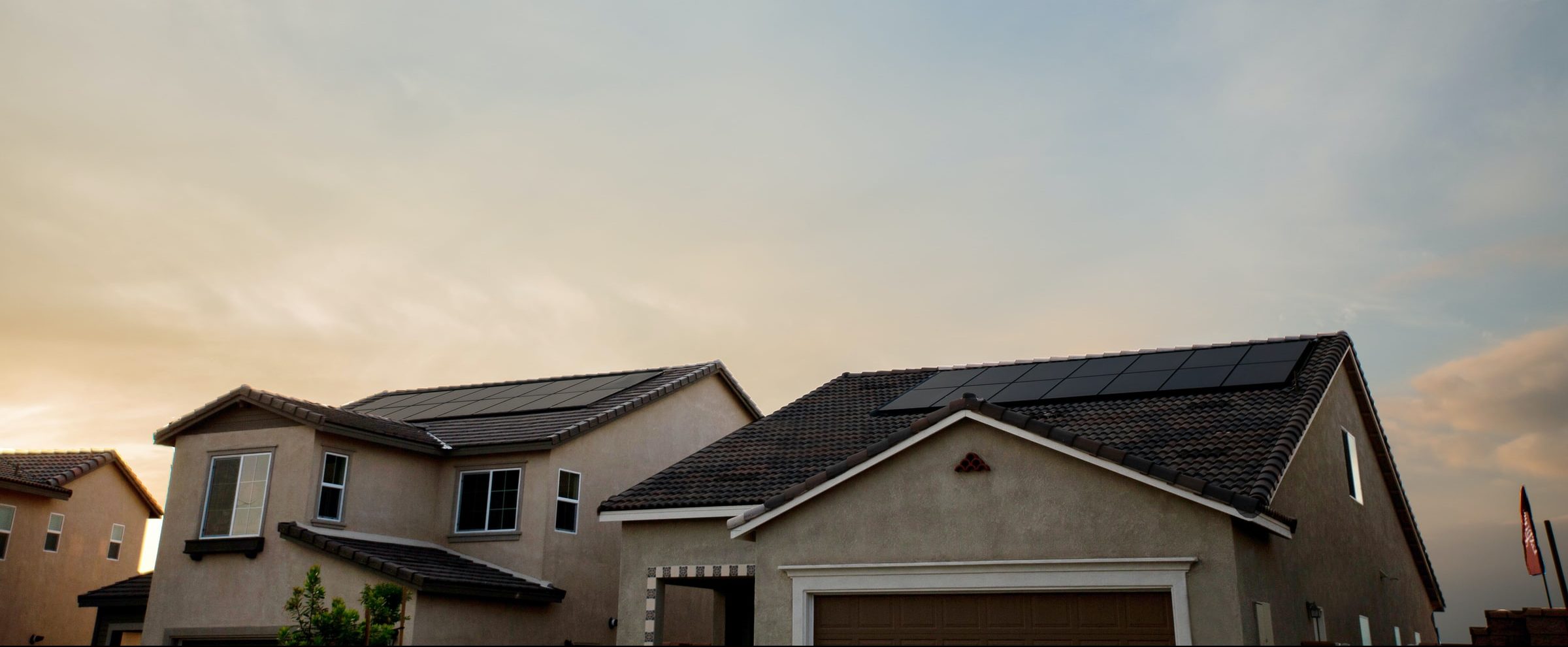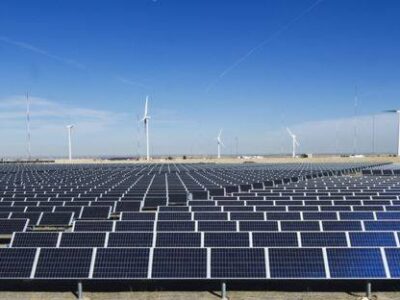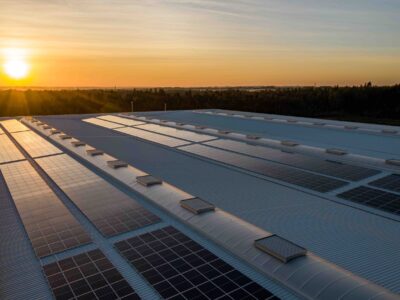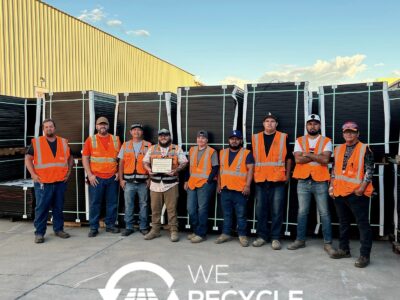Solar energy is becoming more cost-effective and widespread in North Carolina thanks to community solar programs. Community solar programs allow members of a community to share the benefits of solar without installing solar equipment at their home or business.

It’s a great solution for businesses and homes that have barriers to installation, for example, renters or multi-tenant buildings. The statewide programs hope to reduce the cost of power for the community, including for government and businesses.
Today, North Carolina’s electric cooperatives have created 18 community solar programs, including a popular PWC Community Solar program in Fayetteville. Each is set up in a variety of ways. In some cases, customers can access a large solar array sponsored by a co-op or other community group. Programs like these are particularly helpful for low and moderate-income areas, where the cost savings have a significant impact.
There’s no doubt these solar-share programs make harnessing the power of the sun easier for all because they use energy from a solar farm that is directly connected to the power company’s grid (Duke Energy in some cases, or rural electric cooperatives). Anyone can join in, as there is no installation involved. So far, homeowners, schools, local government, and many businesses have joined in. Most program subscribers see a five to 10 percent reduction in their electric bills, savings far beyond the $1.53 monthly subscription fee. As more subscribers join, savings increase.
Community solar options are particularly helpful for small farmers, many of whom are going a step further by installing low-impact solar arrays which protect topsoil and allow for native cover crop growth.
In Asheville, community solar for renters, homeowners, and businesses through the Solarize Asheville-Buncombe campaign, created by MountainTrue, Green Opportunities, the Sierra Club, the city of Asheville, and others, is having a huge impact on the economy. During the 2019-2020 season, the school system reduced its electric bill by more than $140,000 through the use of shared solar power. The mountain town is seeing a broader grassroots movement toward solar as the city sees cost savings, job creation, and the potential for significantly reduced carbon emissions through the program.

The North Carolina Sustainable Energy Association is behind much of the shift toward community solar. The organization’s goal is to enable clean energy jobs, economic opportunities, and affordable energy options for all state residents. As the nation moves further toward a net-zero future, solar community programs are a vital link to allow all citizens and businesses, including non-profits and small businesses, access to cleaner energy sources. North Carolina’s state-wide efforts, many spurred by community groups and concerned citizens, are an example of how sustainability-focused constituents can push a state toward positive environmental and economic change.





